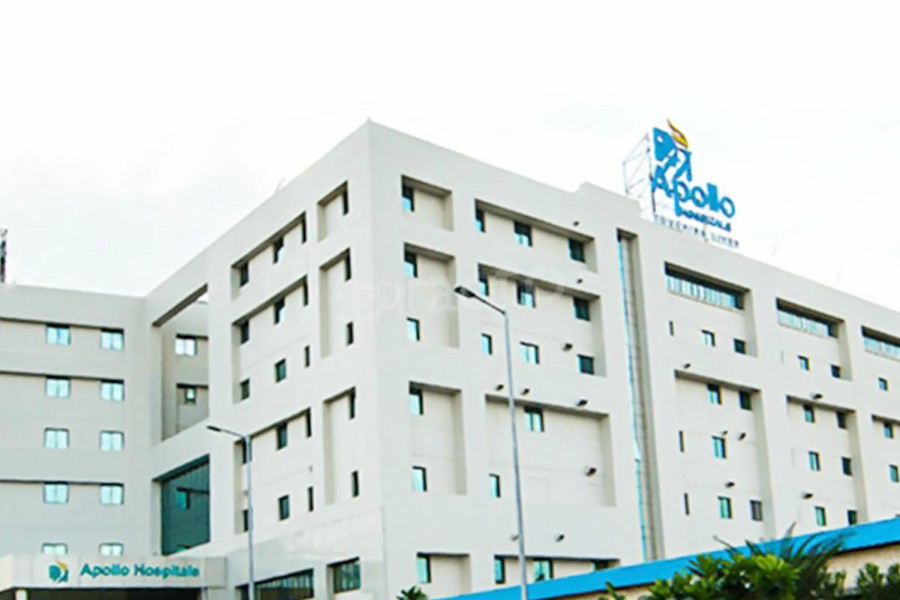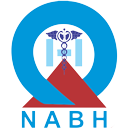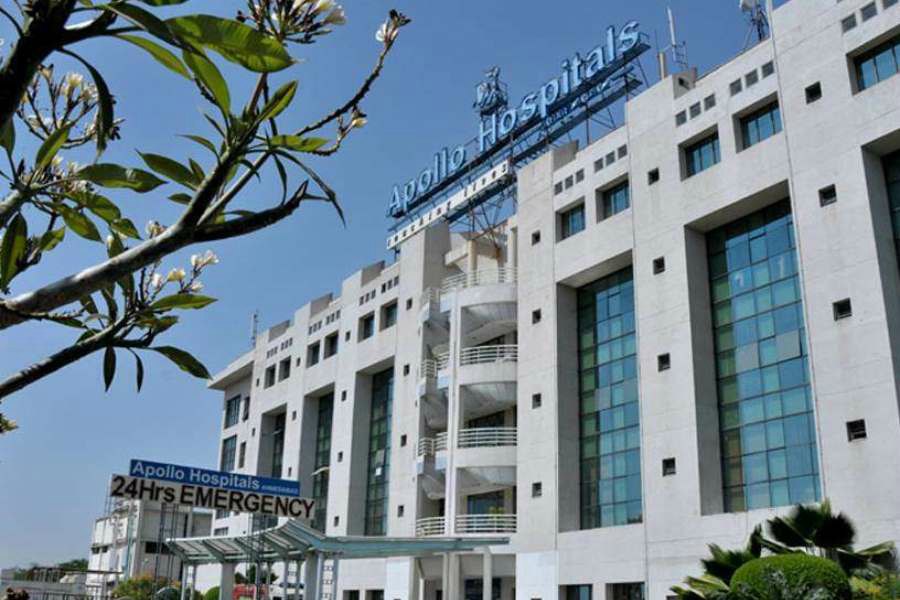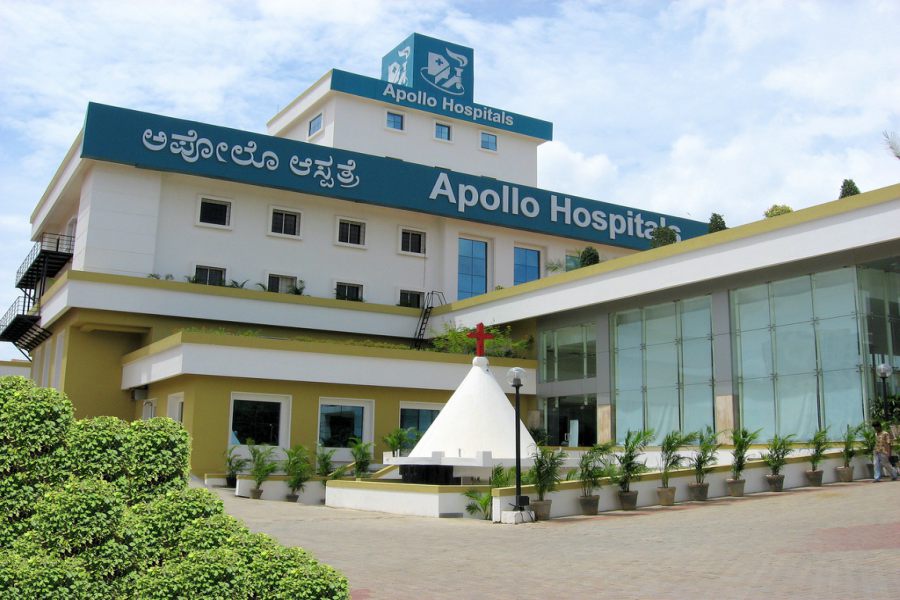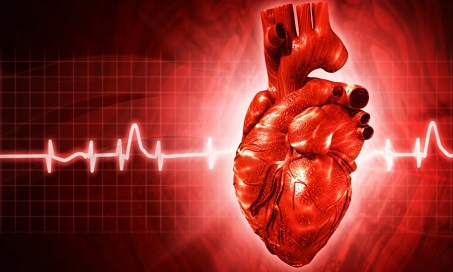
Overview
EPS or electrophysiology study is a test procedure conducted to see how the electric impulses conducts through the pathways of your heart. In case the conduction pathway is normal it indicates your heart rates are normal. In case if abnormal signals are detected it indicates arrhythmia or irregular heart beats.
RFA or radiofrequency ablation is a type of invasive surgical procedure conducted to treat certain types of arrhythmias.
Both EPS and RF can be conducted at the same time. Normally a doctor assigns both the procedures together. EPS is conducted to diagnose presence of arrhythmia. Based on the nature and type of arrhythmia RFA is conducted as a treatment procedure.
Causes
Arrhythmias are caused by
- Coronary artery diseases
- High blood pressure
- Cardiomyopathy or changes in heart muscles
- Electrolytic imbalance
- Valve disorder
- Post cardiac injury or attack or surgery
SYMPTOMS
Symptoms for arrhythmia vary from person to person.
- Pounding or rapid heartbeat
- Heart fluttering
- Dizziness
- Feeling light headed
- Shortness of breath
- Chest discomfort
- Fatigue
- Palpitation
RISK FACTORS
Invasive procedure that involves heart and radio frequency is not devoid of risks. Some commonly associated risks include:
- Arrhythmia
- Cardiac arrest
- Low blood pressure
- Trauma or injury in vein
- Chances of secondary infection
- Risks of cardiac tamponade
- Embolisms
- Blood clotting at the tip of the catheter which can break and block other blood vessels as well
- Severe bleeding especially in patients with clotting disorders
POST-OPERATIVE CARE
- Immediately after the procedure you will be shifted today recovery unit where doctors will monitor your vitals closely
- Your legs might feel a little numb or week initially, so do not sprang up or jump
- Lie patiently for to 2-4 hours
- You might be provided bedpan for that time
- In the first 48 hours, your heartbeat might feel strange at times which is perfectly normal as your heart is getting adjusted to the new rhythm.
- After you have been released from the hospital watch for swelling or bleeding in the catheter site.
- In case you are having any shortness of breath or problem in swallowing call doctors immediately
- For the first couple of days, fatigue and chest discomfort is normal however in case the symptoms continue or increase, contact your doctor immediately.
- Avoid doing any kind of strenuous activities like driving swimming, bending and squatting, climbing stairs etc.
- Do not lift anything over 10 pounds of weight
- Take small works for 5 to 10 minutes several times a day
- You may use multi laxatives in case you are feeling constipated
- Take a shower after 24 hours of the procedure however take care that the spray doesn't hit the catheter sites
- Do not take any bath or hot tub bath or swimming for the first five days post procedure or till the wound area is sealed
- In case you feel anything unusual like fatigue, shortness of breath, fever over 101 degrees, redness rash or swelling in the catheter site, difficulty in swallowing, talking, numbness or fainting or any irregular heartbeats, contact your doctor immediately.
TREATMENT
Before the procedure
- You will be asked not to eat or drink anything for at least 6 to 8 hours before the procedure
- Before the test empty your bladders
- Give a detailed medical history to your doctor’s and specifically mention in case you are allergic or sensitive to any substances
- Inform in case you are pregnant or about to get pregnant
- In case you have any abdomen and chest piercings inform it to your doctor and if possible remove the piercings
- In case you are taking any herbal infusions or supplements, or blood thinners or aspirin, it is best advisable that you stop taking them for the procedure
- In case you have a valve disease or a pacemaker you might be administered antibiotics prior to the procedure.
During the procedure
EPS
- You will be asked to lay flat on the catheterization lab
- An intravenous IV line will be administered in your arm
- Depending on the nature of your arrhythmia suspected you might be under general or local anaesthesia
- An area in your groin mostly or in your arms or legs will be shaved, cleaned and swabbed
- A small nick will be made for the access point of catheter into your veins
- A short plastic tube for sheath will be placed under your blood vessels
- During the placement of sheath you might feel a bit which is perfectly normal
- Once the sheath is placed thin flexible tube or catheters will be inserted from the nicked site.
- After the initial pressure you should not feel any pain or discomfort
- In case you feel any discomfort tell your doctor immediately
- Once the catheter is inside your veins a special x-ray will be used to see how the catheter moves to the body
- The catheter will have tiny sensors that will measure the conduction of electrical impulses through your heart
- A doctor may use catheter to induce a temporary irregular heartbeat
- Electrical impulse measurements will be taken during this time and this will help in analysing the type and nature of arrhythmia
- All your vitals will be closely monitored during the entire process
RFA
- Once the source of irregular heartbeat has been detected that specific tissue will be treated
- During RFA a catheter is placed near the abnormal heart tissues
- The tip of the catheter known as an ablator acts as an electrode which sends radiofrequency energy to destroy the abnormal cells in that area
- This brings back the heart to its normal rhythm
- Although you will be under pain medications and anaesthetics yet you might feel uncomfortable when the radio frequency is applied on your heart cells
- Tell your doctors immediately in case if you feel pain you might need more pain medications
- Notes that RFA can be conducted for tumours ablation in kidneys, lungs, bones etc.
- After the initial detection of tumour a RFA probe is placed inside the tumour and radio frequency waves are passed
- The increasing temperature of the radio wave destroys the tumour
- Different types of alternating currents in form of RFA treatment are used to treat various kinds of skin lesions and other dermatological complications
- Under the control of ultrasound RFA catheter is inserted within the abnormal veins and radiofrequency is used to treat the abnormal veins in case of varicose veins
FACTORS AFFECTING COST
Despite the fact that India has some of the best cardiac specialist and next generation super speciality care the cost of treatment is around 1/10th of UK or USA.
The cost of procedure depends on the nature and type of arrhythmia however the comprehensive cost includes
- Cost of surgery
- Cardiologist and surgeon teams charges
- Cost of medicines
- Charges for the operating room residing ward and other hospital related charges
- Other miscellaneous cost
FAQ
The radio frequency is used to interrupt the nerves of the abnormal rhythm creating heart tissues, resulting in elimination or reduction in arrhythmias and chronic pain symptoms
The advantages include
- Can be conducted on an outpatient environment
- It is a minimally invasive procedure
- It can be repeated
- Low risks
Initially when the catheter will be inserted into your artery you might feel pain. Once the catheter has been inserted you will not feel anything. However post procedure there will be soreness in the catheter site for couple of days
The effects of a successful uncomplicated RFA procedures lasts for 6 to 9 months
If your work doesn’t involve any heavy lifting or heavy duty task you can return to work the next day. However, due to the soreness and weakness post procedure patients are advised to take a week off.
As radiofrequency ablation is not a permanent procedure, the effects can wear off within 6 to 9 months. Afterwards if the arrhythmias come back it can be repeated.


 Best Hospitals
Best Hospitals
